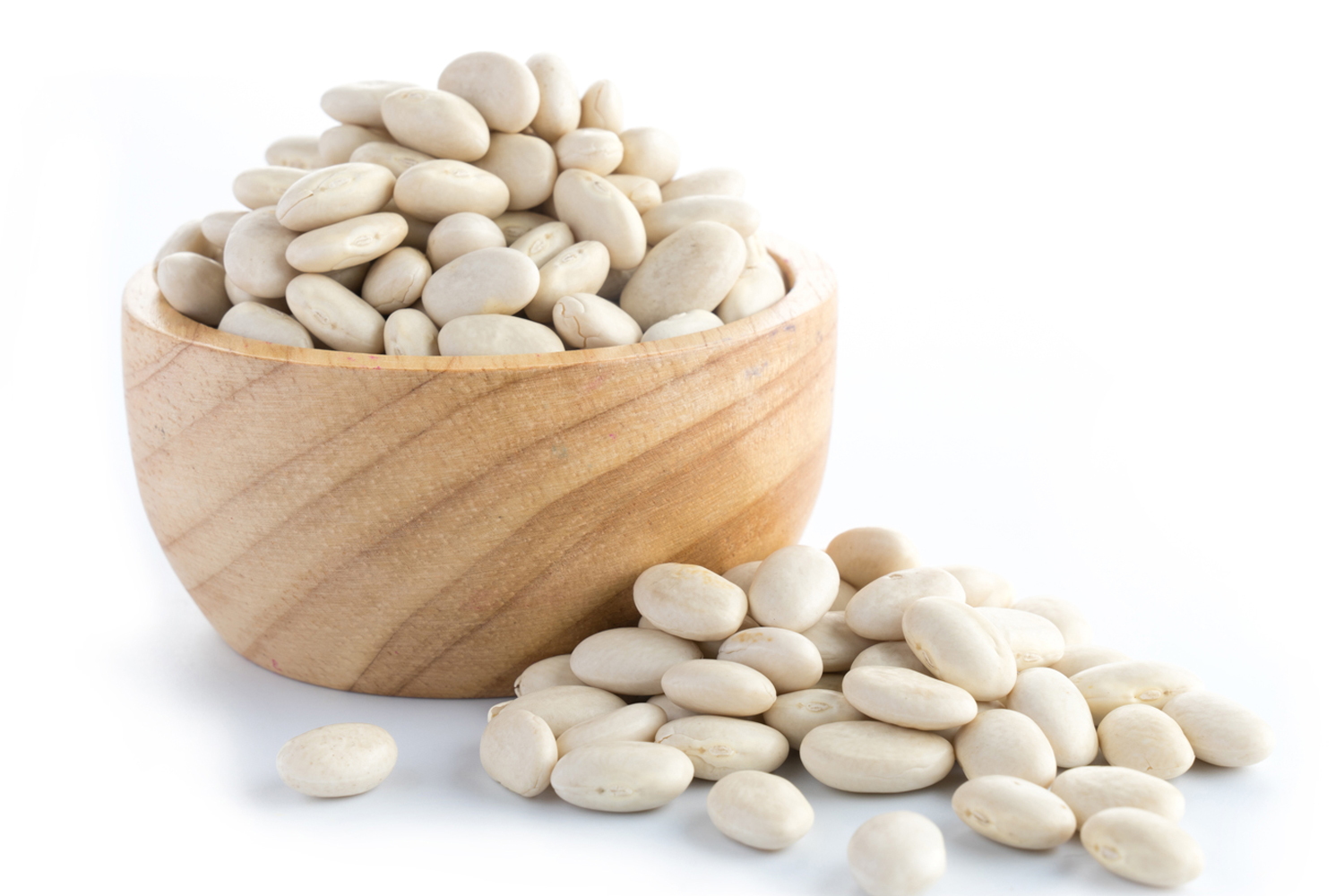AN EASY, EFFECTIVE WAY to support gut health, reduce colorectal cancer risk and potentially improve treatment outcomes might be as close as your kitchen pantry. Researchers at the University of Texas MD Anderson Cancer Center in Houston concluded that beans can favorably affect the gut microbiota and colon health.
The study, published November 2023 in eBioMedicine, involved 48 adults with obesity and a history of colorectal cancer or polyps who incorporated a cup of pressure-cooked, canned navy beans into their diets each day. After eight weeks, participants’ blood and stool samples exhibited reduced inflammation and improved gut bacteria diversity, which resulted from an increase in beneficial bacteria and a decrease in pathogens, bacteria that can cause disease. These benefits faded within four weeks after participants stopped eating beans.
With stronger microbial diversity, there are more beneficial bacteria to resist pathogens, according to Carrie Daniel-MacDougall, the study’s lead investigator and an epidemiologist at MD Anderson. “When a pathogen takes over, the gut microbiome may start to eat the protective mucus layer lining the gut, leading to loss of the gut barrier, derailed immune responses and inflammation,” she says. Chronic inflammation in the gut can trigger the development or progression of colorectal cancer.
Concerns about potential digestive side effects, especially flatulence, keep many people from eating beans. Registered dietitian Lindsey Wohlford of the University of Texas MD Anderson Cancer Center in Houston recommends introducing a small portion of beans into your diet and slowly increasing the amount over several weeks. Your digestive tract will gradually adjust and release more of the enzyme needed to digest beans comfortably.
The study authors noted obesity and a poor diet can disturb the normal microbial balance, which can increase colorectal cancer risk, interfere with treatment and reduce survival. Daniel-MacDougall notes that beans, peas and lentils are sources of prebiotics, compounds that stimulate the growth of beneficial bacteria.
“Besides the microbiota benefits, eating beans may also reduce cancer risk in other ways,” says Lindsey Wohlford, a registered dietitian at MD Anderson who was not involved in the study. “They are rich in phytonutrients and antioxidants, which decrease [cell damage]. Also, their high fiber content helps reduce calorie consumption to prevent obesity, a risk factor for many cancers.”
These suggestions can help you incorporate beans, peas and lentils into your diet.
U.S. dietary guidelines recommend that adults eat one to three cups of beans, peas or lentils weekly, depending on your age and calorie needs. Lindsey Wohlford, a registered dietitian at the University of Texas MD Anderson Cancer Center in Houston, offers these tips to help boost your intake:
- Add beans to soups and salads for additional protein and fiber.
- Substitute lentils for ground meat in recipes.
- Blend beans into vegetable dips.
- Incorporate legumes into desserts. Think black bean brownies or chickpea blondies.
Wohlford stresses that all beans—not just navy beans—offer health benefits. “Eat a variety of the beans you prefer, the way you like them prepared, as often as possible to sustain the benefits,” she says.
Cancer Today magazine is free to cancer patients, survivors and caregivers who live in the U.S. Subscribe here to receive four issues per year.





